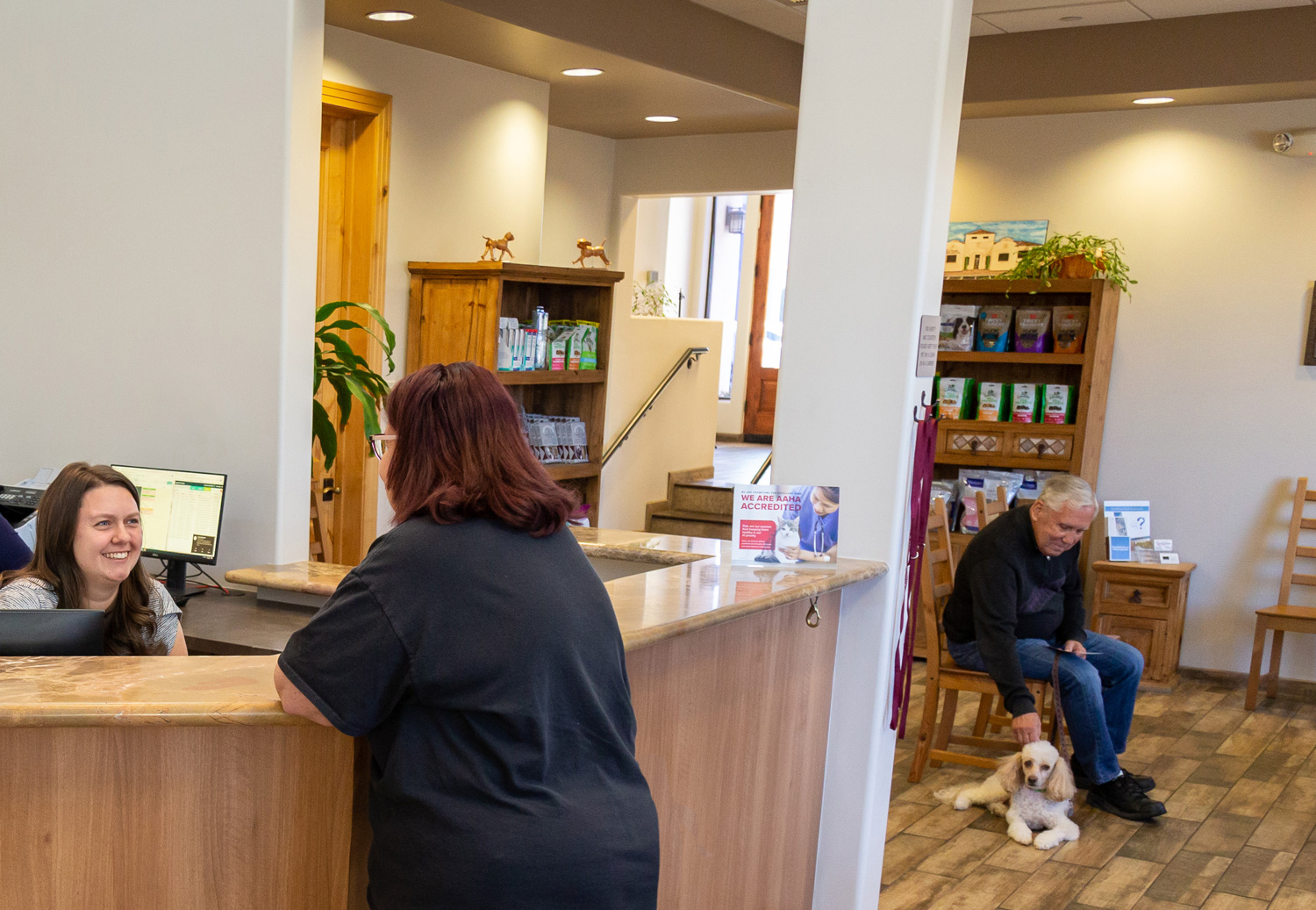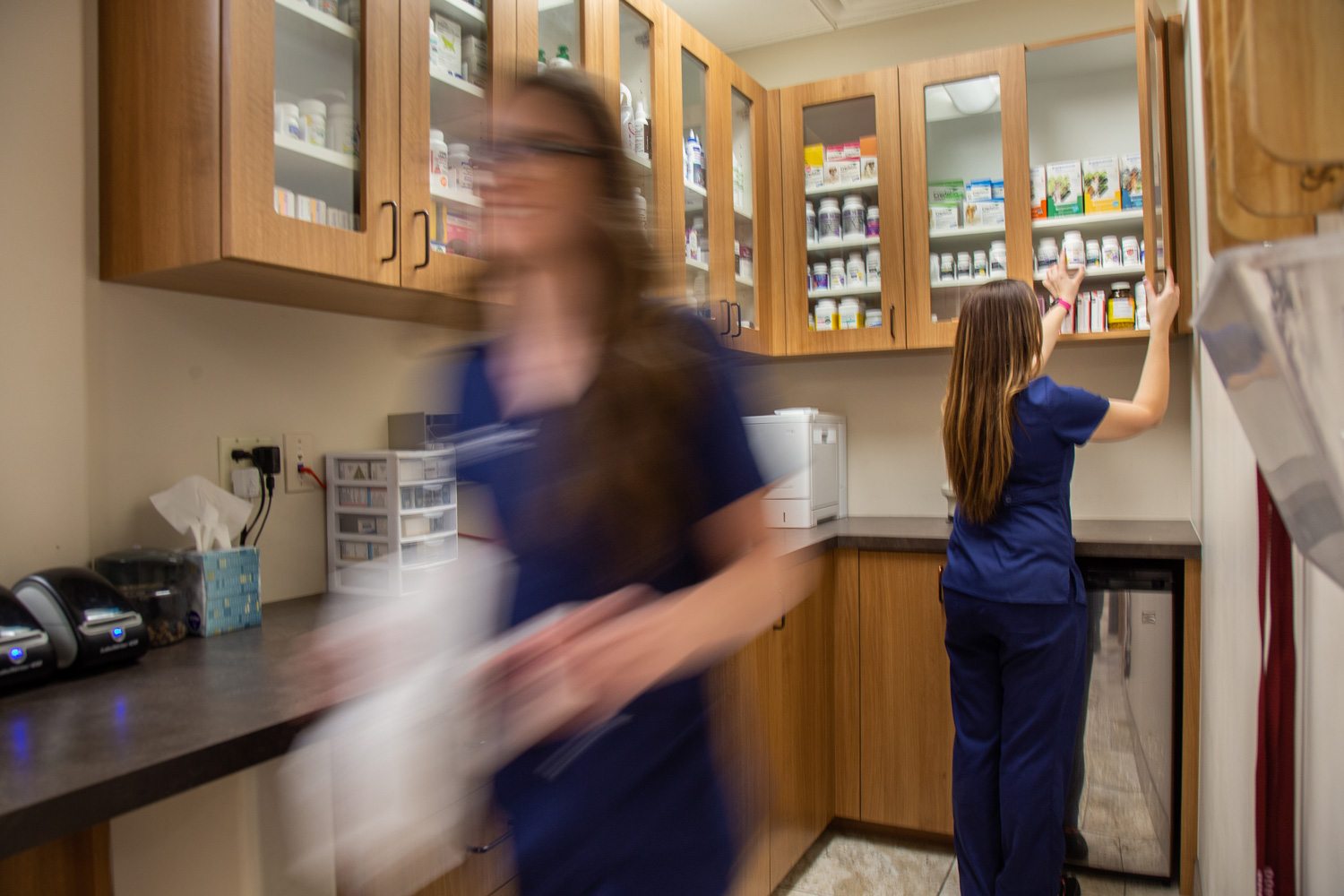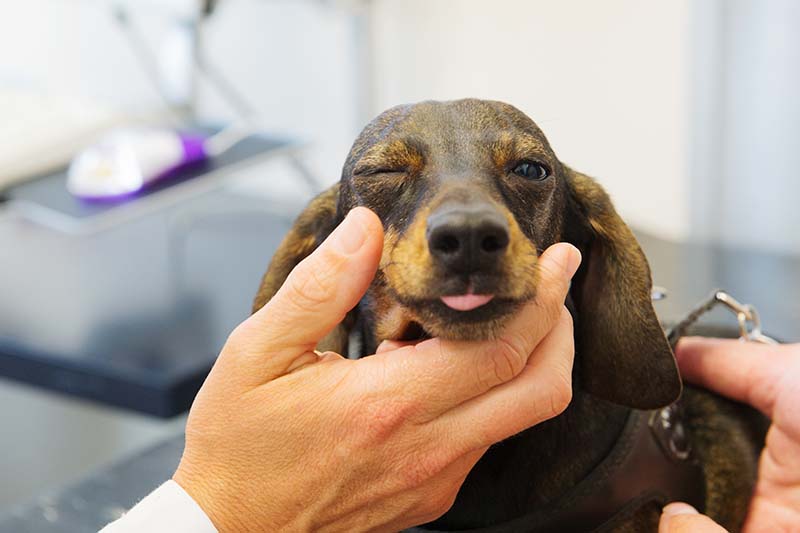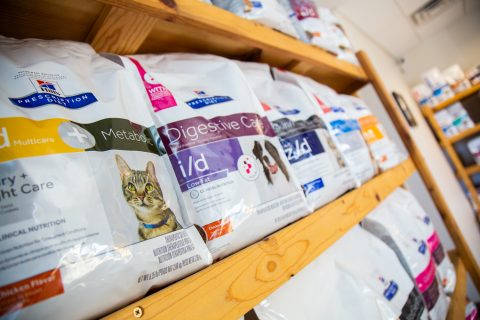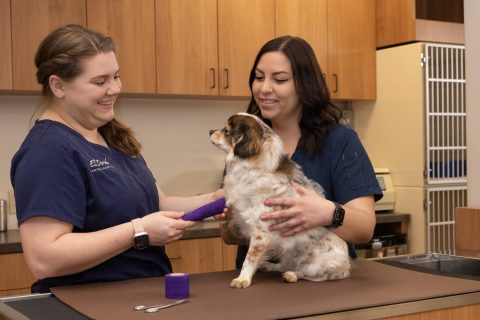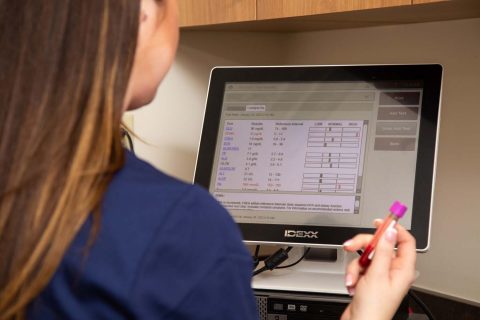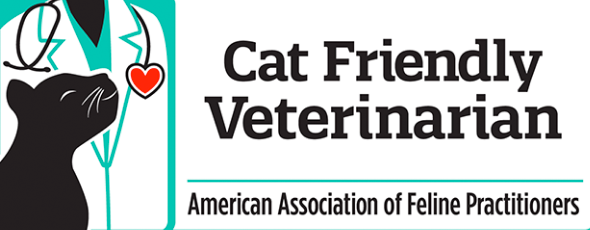Coming to see us for the first time can be both exciting and overwhelming for you and your pet. It is our pleasure to help guide you through the process and ensure that you and us have everything in order before your pets’ first veterinary visit with us!
Now you have brought your new furry family member home, what’s next? It is important to bring your pet for veterinary care and have them get used to coming to see us. We live in a very pet friendly community with a high demand for veterinary care, so please give us a call once you know you are making a new addition to your family. We will work with you to get an appointment that is convenient to your schedule. This is an essential step to establishing a Veterinarian-Client-Patient relationship to help us better understand your pet’s needs as they continue to grow and age.
Have you just moved to the area or are considering switching vets but your pet is already receiving care elsewhere? Don’t worry, we help make that transition seamless! The same recommendation applies as if you have obtained a new pet; as soon as you know you want to establish with El Dorado Animal Hospital, please call us to make an establishment appointment and we’ll do all the rest. Please try not to wait until your pet is due for vaccinations or other wellcare, because early establishment makes it easier for you to obtain care in the unfortunate event your pet becomes sick.
We want your pet to consider going to the vet to be a fun social interaction, rather than a “clinical” place. We encourage you to ask our receptionists about bringing your dog in for a “Happy Visit” where they can spend some time looking around the hospital, getting to know the front office staff and maybe they will even get a treat, or two!
If your pet is of the feline variety, it doesn’t hurt to stop by and check out the lobby, and scout out a quiet waiting area for your first visit. We have a separate waiting room for cats that’s away from the busy front lobby. Allowing your kitty to acclimate with us before their appointment in a quiet space, helps the visit go smoothly.

